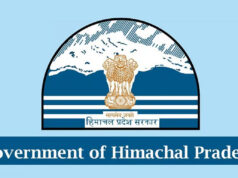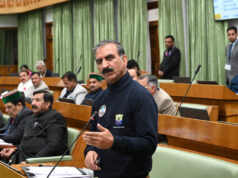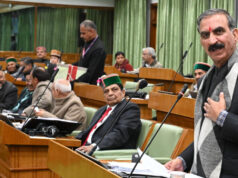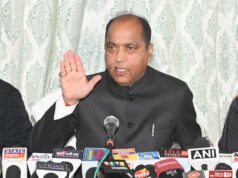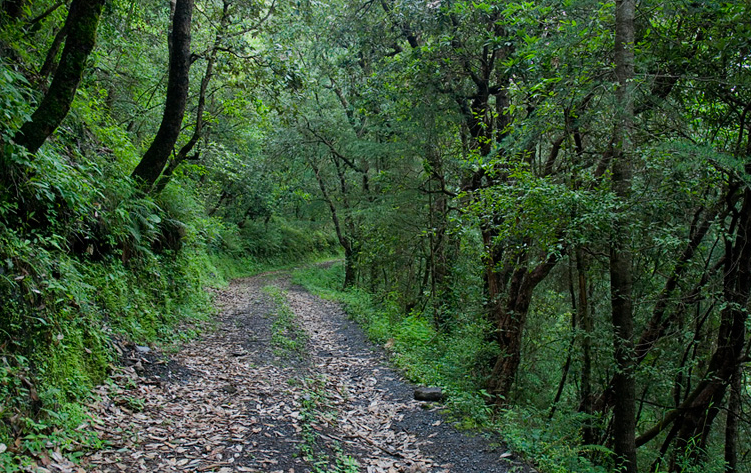Government Implements Stricter Regulations to Ensure Compliance and Revenue
The Himachal Pradesh government is set to introduce a revamped homestay policy aimed at tackling the increasing number of illegal units operating without proper oversight. The new regulations will specifically target offenders under Section 118, which restricts land ownership and usage for non-residents. This initiative comes as part of the government’s broader effort to streamline the tourism sector and enhance compliance, ensuring that all homestay operations contribute to the state’s economy.
In a cabinet meeting scheduled for October 22, the government will finalize a proposal that aims to enforce stricter conditions on homestays across both rural and urban areas. Mandatory registration will now be required for all homestay operators, addressing the rampant issue of unregistered units that evade government oversight and revenue collection. The new policy will also include increased registration fees, which will vary between village and city locations.
One of the key concerns prompting the policy overhaul is the misuse of Section 118, which governs land ownership in Himachal Pradesh. Reports indicate that individuals from outside the state have purchased land under this regulation and are using it for illegal homestay operations. The government has received numerous complaints about these practices, prompting officials to impose restrictions on such units. The revised policy will include provisions for strict action against those found violating these regulations.
Under the new policy, homestay operators will also be required to pay commercial rates for electricity and water. Previously, many units benefitted from domestic utility rates, which has been a point of contention between homestays and registered hotels. The government aims to create a level playing field by ensuring that all homestay operators pay for utilities based on commercial usage.
In addition, the Tourism Department will take on a more active role in regulating rent for homestays. District tourism officers will inspect these units and determine rental rates based on the quality and range of facilities provided. This shift from self-set pricing to regulated rates is designed to ensure fairness and compliance within the tourism sector.
Currently, there are approximately 4,500 registered homestays in Himachal Pradesh, alongside over 5,000 hotels. As homestays have proliferated, particularly in areas surrounding popular tourist destinations like Shimla, the government has raised concerns about revenue loss from unregulated operations. The new policy is seen as a necessary step to ensure that the state can benefit from its burgeoning tourism industry.
The original homestay policy, introduced in 2008, aimed to provide self-employment opportunities for local youth. However, with the increase in illegal operations and complaints about Section 118 violations, the government is now focused on enforcing stricter regulations to protect both the local economy and the interests of law-abiding homestay operators.
As the cabinet meeting approaches, the tourism department is preparing to finalize its proposal, signaling a significant shift in how homestays will be managed in Himachal Pradesh. This policy overhaul is expected to enhance accountability, ensure compliance with existing laws, and ultimately strengthen the state’s tourism sector.


